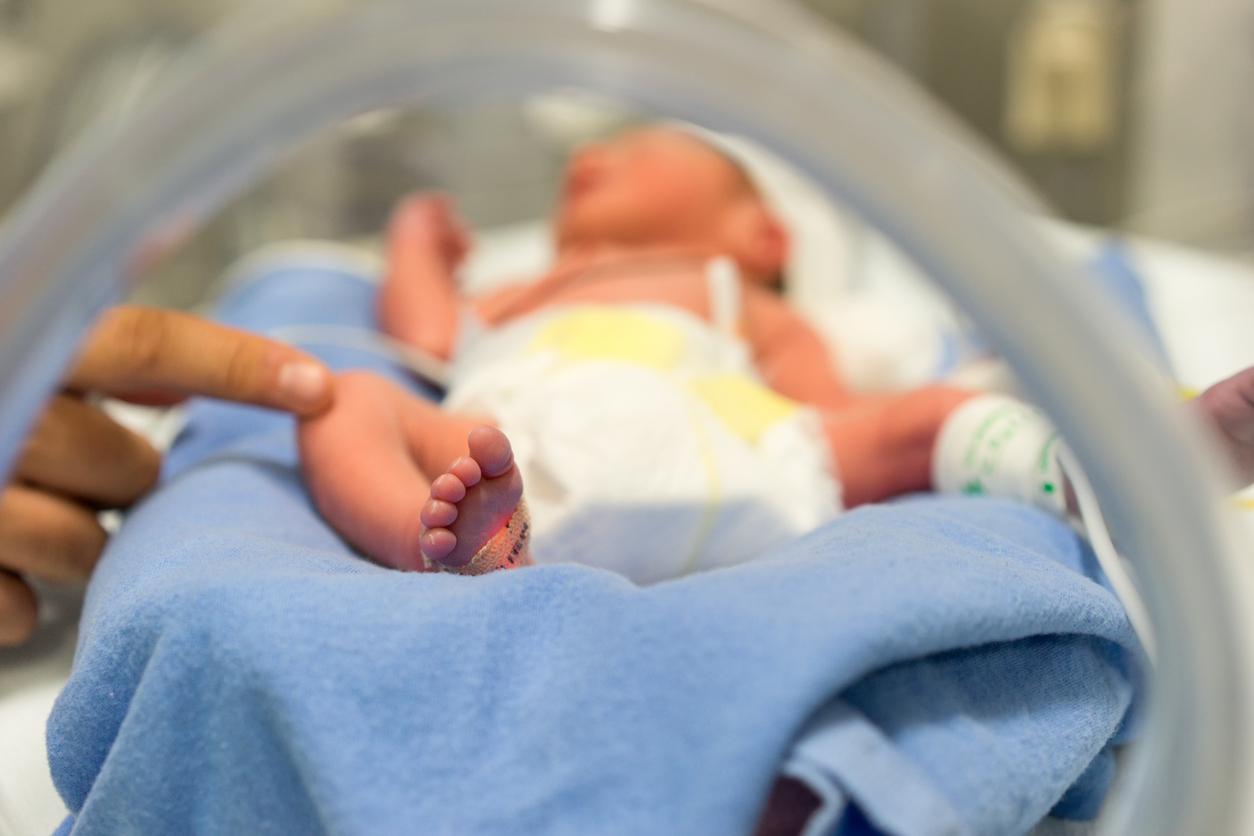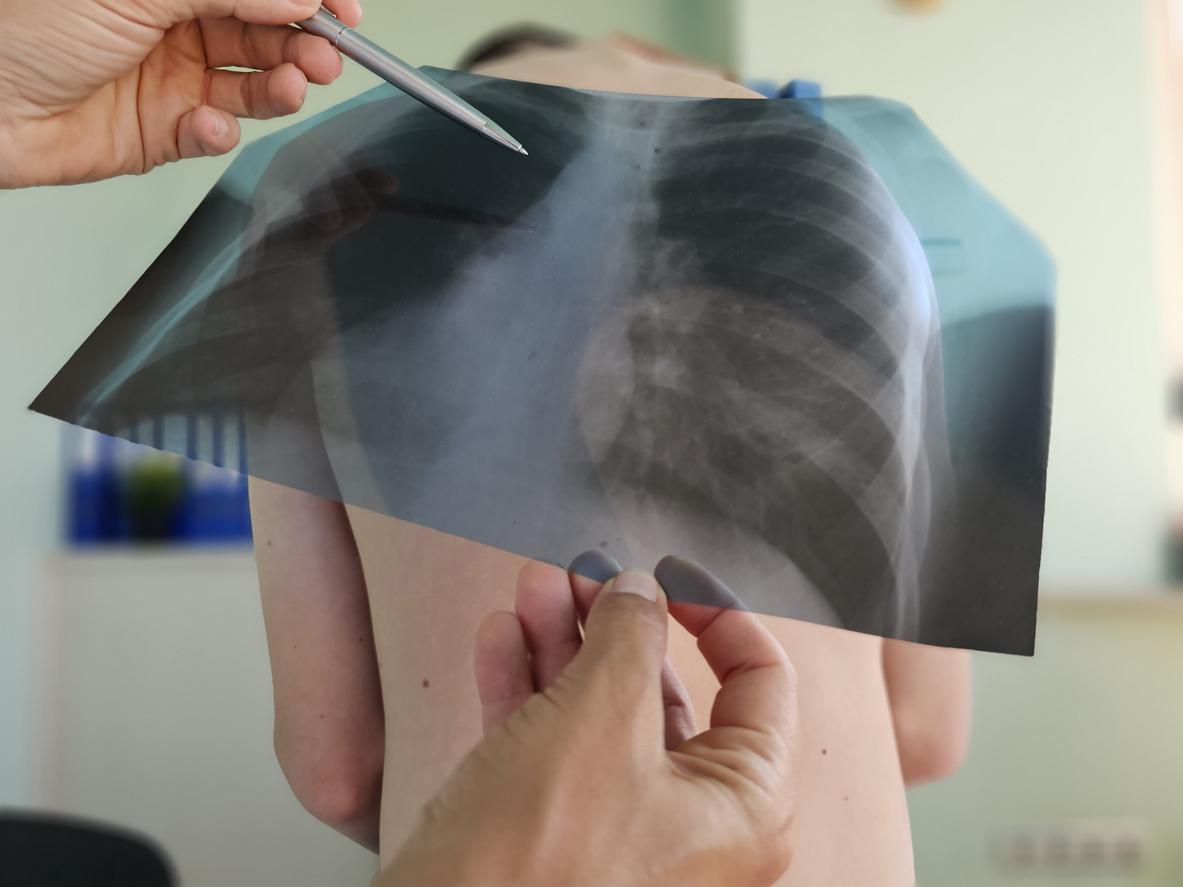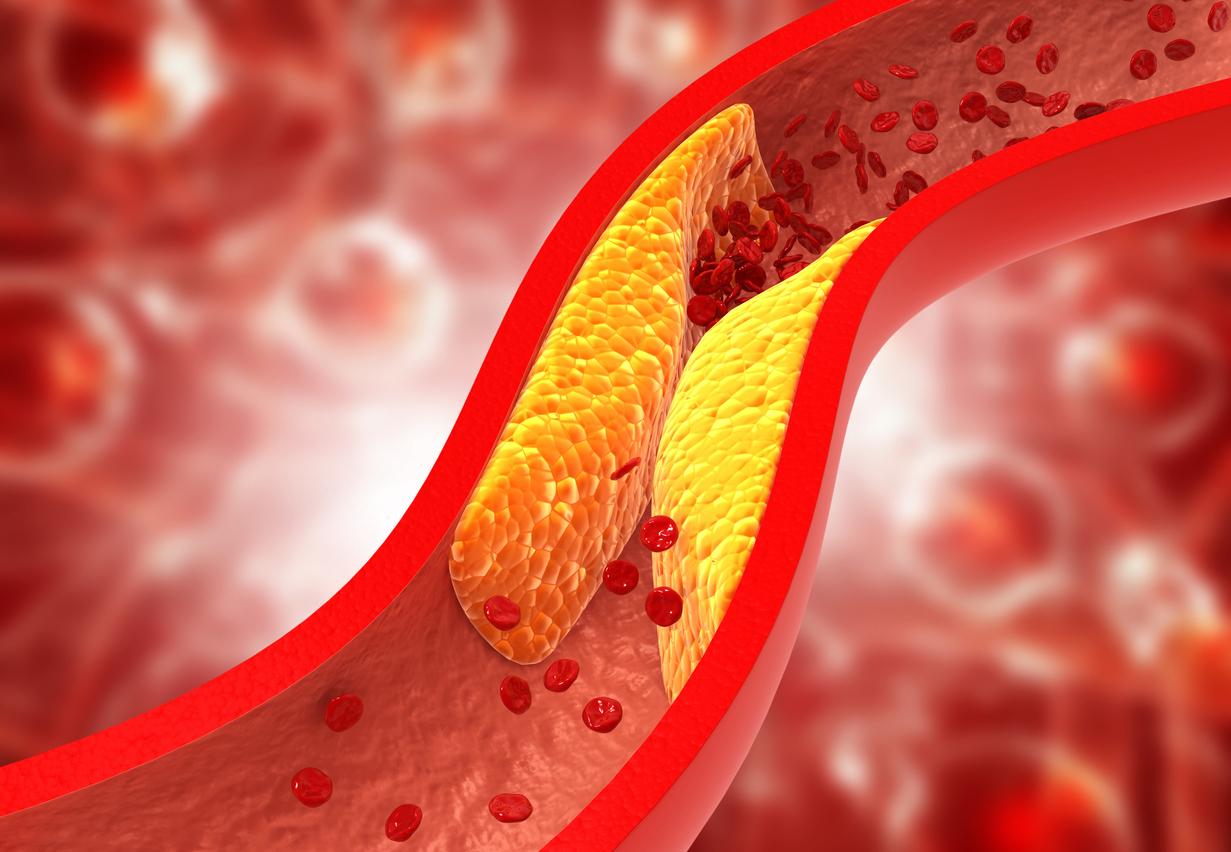An American study has suggested that patients who have experienced head trauma may be more likely to suffer from cardiovascular disease.

- Head trauma can occur following a blow to the head.
- American researchers have observed a link between head trauma and the risk of cardiovascular pathologies.
- Neuroinflammatory pathways triggered by head trauma may predispose individuals to atherosclerosis.
Following a fall, a car or sports accident, a person can suffer from head trauma, which is characterized by a shock received to the head. Depending on the severity, there are different types of head trauma: mild, moderate or severe. These degrees are evaluated according to the person’s state of consciousness and the depth of the coma.
An association observed between cardiovascular diseases and head trauma
Various research has demonstrated that a concussion, particularly during childhood, can have consequences on cognitive functions and promote more rapid cognitive decline. Researchers at Mass General Brigham in Boston (United States) recently observed a correlation between head injuries and the risk of cardiovascular disease. This work was published in the journal The Lancet Neurology.
As part of this study, American scientists reviewed previous research to examine the potential link between cardiovascular disease and head injuries. They then found that nervous system dysfunction, neuroinflammation, in other words inflammation of the brain and neurons that make up the nervous system, changes in the brain-gut connection and post-injury comorbidities could increase the risk of dysfunction. cardiovascular and cognitive outcomes in traumatic brain injury survivors compared to the general population.
Head trauma: monitoring to prevent the risks of cardiovascular pathologies
As the study authors explained, neuroinflammatory pathways triggered by head trauma may also predispose individuals to atherosclerosis, a disease that results in the buildup of atherosclerotic plaques in the arteries. In addition, weight gain and sleep disorders, which can occur after a brain injury, could also constitute risk factors in the development of cardiovascular pathologies.
Faced with these initial findings, the American team underlined the importance of research, monitoring as well as future intervention in the cardiovascular field in patients who have suffered head trauma. “This study is a call for better assessments and earlier interventions for traumatic brain injury survivors who may be at increased cardiovascular risk” noted Ross Zafonte, DO, author and president of the Spaulding Rehabilitation Network and chief of the departments of physical medicine and rehabilitation at Massachusetts General Hospital and Brigham and Women’s Hospital.


















